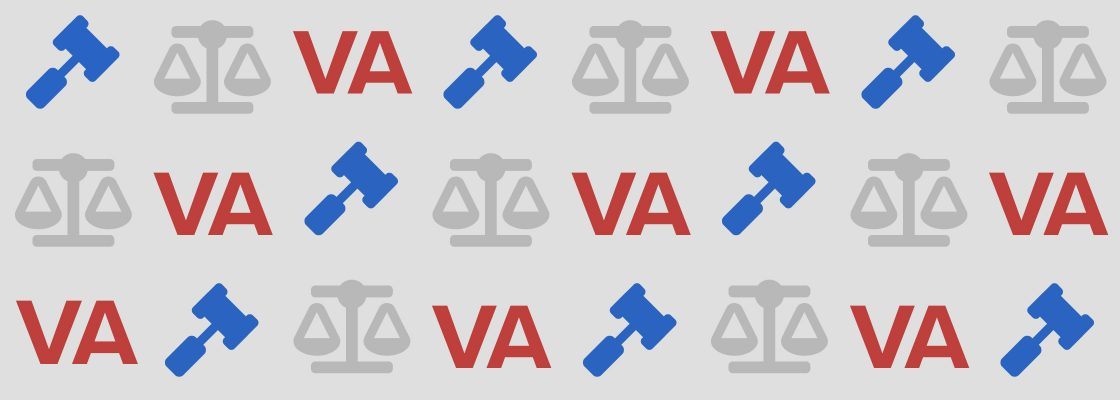A few of the healthcare advertising restrictions that may come as a surprise to some Virginia surgeons include the requirement to state the full amount of any fee discounts (meaning that saying “free consultations” without more is a code violation) and the requirement to disclose the name of any certifying boards (meaning that saying “board certified surgeon” without more is also a code violation). To avoid any surprises, be sure to have all of your marketing materials reviewed by your legal counsel for compliance with all relevant laws.
More Information
Oversight Body:
Virginia Board of Medicine
Reference Citations:
Va. Code Ann. § 54.1-2915(A)(15) and 18 VAC 85-20-30
Selected Excerpts:
[54.1-2915(A)(15)]
A. The Board may refuse to admit a candidate to any examination; refuse to issue a certificate or license to any applicant; reprimand any person; place any person on probation for such time as it may designate; suspend any license for a stated period of time or indefinitely; or revoke any license for any of the following acts of unprofessional conduct: (…)
- 15. Publishing in any manner an advertisement relating to his professional practice that contains a claim of superiority or violates Board regulations governing advertising;
Advertising ethics.
A. Any statement specifying a fee, whether standard, discounted or free, for professional services which does not include the cost of all related procedures, services and products which, to a substantial likelihood, will be necessary for the completion of the advertised service as it would be understood by an ordinarily prudent person shall be deemed to be deceptive or misleading, or both. Where reasonable disclosure of all relevant variables and considerations is made, a statement of a range of prices for specifically described services shall not be deemed to be deceptive or misleading.
B. Advertising a discounted or free service, examination, or treatment and charging for any additional service, examination, or treatment which is performed as a result of and within 72 hours of the initial office visit in response to such advertisement is unprofessional conduct unless such professional services rendered are as a result of a bona fide emergency. This provision may not be waived by agreement of the patient and the practitioner.
C. Advertisements of discounts shall disclose the full fee that has been discounted. The practitioner shall maintain documented evidence to substantiate the discounted fees and shall make such information available to a consumer upon request.
D. A licensee shall disclose the complete name of the specialty board which conferred the certification when using or authorizing the use of the term “board certified” or any similar words or phrase calculated to convey the same meaning in any advertising for his practice.
E. A licensee of the board shall not advertise information which is false, misleading, or deceptive. For an advertisement for a single practitioner, it shall be presumed that the practitioner is responsible and accountable for the validity and truthfulness of its content. For an advertisement for a practice in which there is more than one practitioner, the name of the practitioner or practitioners responsible and accountable for the content of the advertisement shall be documented and maintained by the practice for at least two years.
Sample Best Practices
We’ve developed some sample best practices to help you get started discussing your medical marketing with your legal counsel in more detail. Find out if you need to take steps to avoid the following:
- Advertising information which is false, misleading, or deceptive.
- Specifying a fee, whether standard, discounted or free, for professional services which does not include the cost of all related procedures, services and products which, to a substantial likelihood, will be necessary for the completion of the advertised service.
- Advertising a discounted or free service, examination, or treatment and then charge for any additional service, examination, or treatment which is performed as a result of and within 72 hours of the initial office visit unless such professional services rendered are as a result of a bona fide emergency.
- Advertising discounts without disclosing the full fee that has been discounted.
- Failing to disclose the complete name of the specialty board which conferred your certification when using or authorizing the use of the term “board certified” or any similar words or phrase calculated to convey the same meaning in any advertising for his practice.
- Making scientific claims that cannot be substantiated.
- Assuring a permanent cure for an incurable disease.
- Claiming professional superiority without supporting the claim with objective evidence, or using hyperbole when describing your techniques or results
- Showing patient before and after photos without indicating that results vary and the results shown are not a guarantee.
- Showing models without clearly indicating that the photos are not of actual patients.
Is your website following best practices when it comes to medical marketing? Find out by downloading our free Website Compliance Checklist!
Download Free ChecklistPlease help us keep these pages up to date. If you or your legal counsel notice an oversight in our comments or a problem with this page, please alert us by email. Also, be sure to read our legal disclaimer.
« Back to Medical Marketing Laws


Leave a Comment